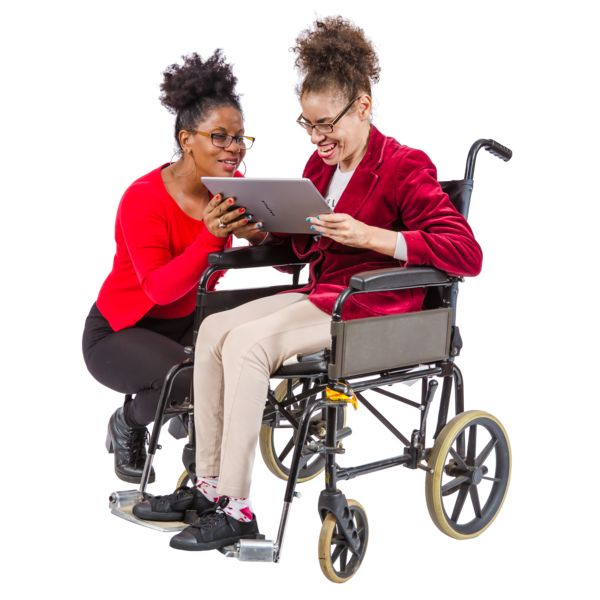Fundraising for Mencap at school or university
There are many ways to fundraise at your university.
Here are just a few ideas to get your brain whirring:
- organise a street collection for Mencap
- host a quiz night
- put on a ball
- party hard and fundraise at the same time
- get signing and winning, organise a karaoke night
- hold a Jailbreak or Lost event
We have created a super handy fundraising PDF guide for students with more detail and ideas.
Your university’s raising and giving (RAG) society
We'd love if you chose Mencap to be one of your RAG society's charities of the year, as one of the charities you support during RAG week, or through other fundraising events throughout the year.
We will support your fundraising every step of the way. Your dedicated local Fundraising
Manager
 A manager is a boss at work. They tell you what you need to do and give you support if you need it.
will work with you to fundraise for Mencap in a way which suits your RAG society. We will help you to organise events, apply for collection permits, discuss ideas, and provide you with all the fundraising materials you need.
A manager is a boss at work. They tell you what you need to do and give you support if you need it.
will work with you to fundraise for Mencap in a way which suits your RAG society. We will help you to organise events, apply for collection permits, discuss ideas, and provide you with all the fundraising materials you need.
We can offer your university's students and staff some great opportunities to
volunteer
 A volunteer is someone who helps out by doing work for free.
with Mencap on campus and in your local area, as well as the chance to get involved in some once in a lifetime events and activities.
A volunteer is someone who helps out by doing work for free.
with Mencap on campus and in your local area, as well as the chance to get involved in some once in a lifetime events and activities.
Please email your university's local Fundraising Manager at community.fundraising@mencap.org.uk for more information, or give us a call on 020 7696 6949.
Why fundraise for Mencap?
There are 1.5 million people with a
learning disability
 A learning disability is to do with the way someone's brain works. It makes it harder for someone to learn, understand or do things.
in the UK.
A learning disability is to do with the way someone's brain works. It makes it harder for someone to learn, understand or do things.
in the UK.
People with a learning disability are often verbally abused, bullied and left out of every day life. But it doesn't have to be this way.
Watch Ben's story.
Did you know?
-
Of the 1.4 million people in the UK with a learning disability, 65% can and want to work but only 7% of them are in paid employment
-
Young people with a learning disability are three times more likely to not be in education, employment and training than young people without a learning disability
-
1 in 4 people with a learning disability spends less than one hour outside of their home every day. Over 1 in 3 admits to feeling 'isolated' (27%) or 'lonely' (28%)
-
At least half of all adults with a learning disability live in the family home - meaning that many don't get the same chances as other people to gain independence
